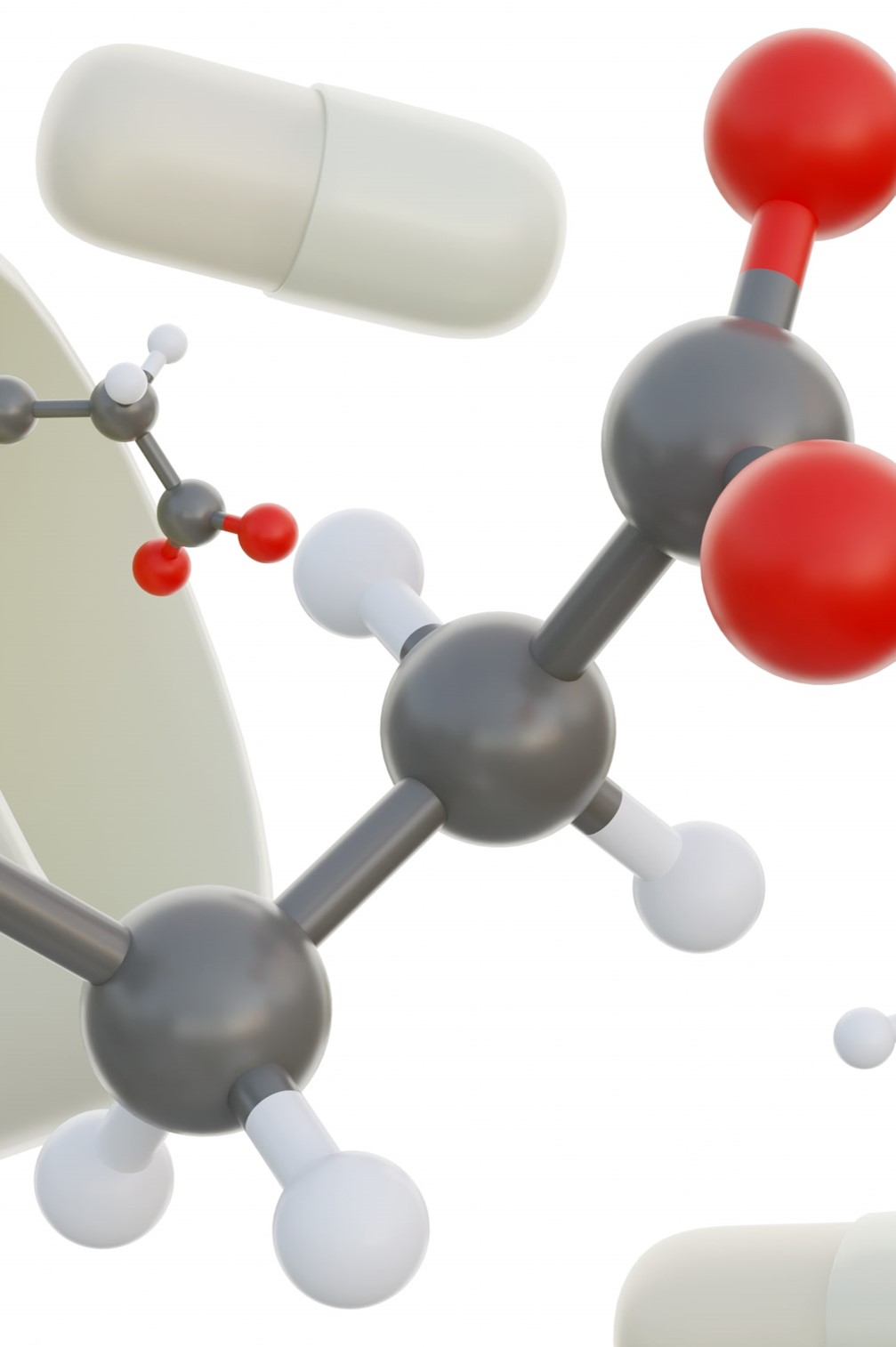Increasing the short-chain fatty acid butyrate

Short-chain fatty acids have various beneficial effects, including being essential for gut health. They have been shown to positively influence the composition of the gut microbiota, enhance the absorption of nutrients, reduce inflammation in the gut, and strengthen the gut barrier.
Particular short-chain fatty acids are capturing the interest of gut health researchers. Butyrate is one such example. Butyrate is known to be the key energy source for colonocytes – the cells lining the colon. In addition, it is known to enhance the function of the human immune system, strengthen the intestinal lining and help stimulate gut motility. Lower butyrate levels have been associated with chronic health conditions, including inflammatory bowel diseases. Hence, there is rising interest in the future potential of this short-chain fatty acid to support individuals with conditions such as ulcerative colitis and Crohn’s disease. Interestingly, the unpleasant taste and odour of butyrate continues to make oral supplementation challenging.
A new study utilising high purity Undaria pinnatifida fucoidan produced by Marinova has shown that fucoidan supplementation significantly increased butyrate levels. The study utilised samples from healthy human donors within a validated in vitro gut model to assess the effects on colonic microbiome. Researchers noted in the paper that the strong butyrogenic effect of Undaria pinnatifida fucoidan is significant given the important role it plays in human gut health and human health overall. They also noted that given the unpleasant organoleptic properties of butyrate, dietary ingredients such as fucoidan hold potential in the context of supplementation.
The full paper, Undaria pinnatifida Fucoidan Enhances Gut Microbiome, Butyrate Production, and Exerts Anti-Inflammatory Effects in an In Vitro Short-Term SHIME® Coupled to a Caco-2/THP-1 Co-Culture Model,’ was published in the journal Marine Drugs.